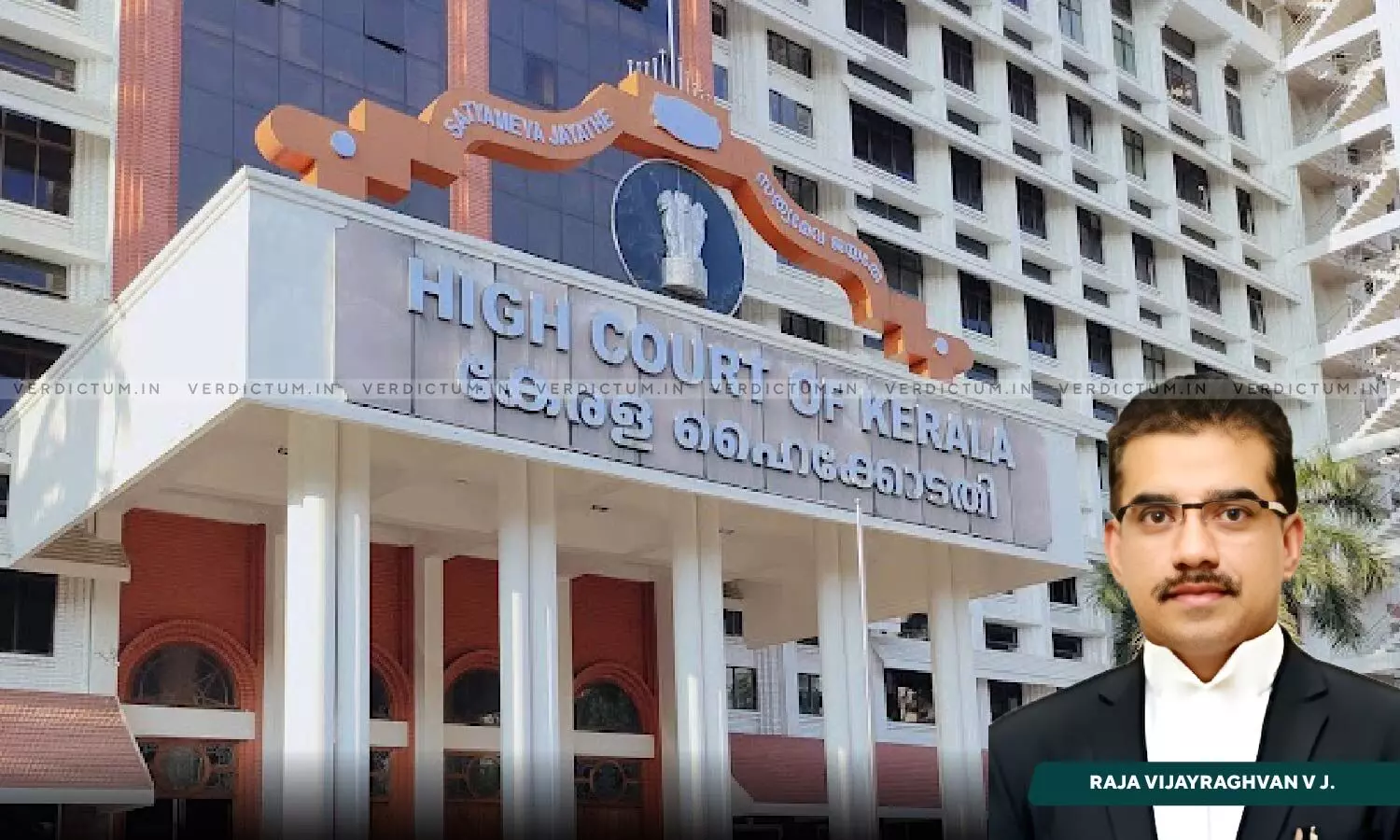
Public Service Commissioner Altering His Stance After His Initial Decision Would Erode Principles Of Consistency And Fairness: Kerala High Court
 |
|The Kerala High Court observed that the Kerala Public Service Commissioner changing his stance would not only undermine the integrity of his initial decision but would also erode the principles of consistency and fairness.
The Court allowed the Writ Petition challenging the ranked list of the Kerala Public Service Commission (KPSC). The Court noted that the Commissioner initially rejected 590 applications from individuals with DCA qualifications. However, after the judgment, the Commission changed its stance and allowed individuals with higher qualifications to participate in the OMR test, the Court noted.
“The Commission's rejection of applications on the basis of their higher qualifications by holding that such applications are not acceptable had persuaded this Court to pass a judgment on its basis. They cannot now take a change of stance and accept higher qualifications. This would result in serious miscarriage of justice. Such actions would not only undermine the integrity of the Commission's initial decisions but also erode the principle of consistency and fairness in the recruitment process”, Justice Raja Vijayaraghavan V observed.
Advocate P. Nandakumar appeared for the Petitioners and Standing Counsels P.C Sasidharan and P.M Johny appeared for the Respondents.
The Kerala Public Service Commission (KPSC) issued a notification inviting applications for the post of Lower Division Clerk (LDC). The Petitioner approached the Court contending that Degree/Diploma in Computer Application (DCA) is the higher qualification for the post of LDC and that he is eligible to apply for the post. The Court initially stayed the selection process and later disposed of the matter, holding that candidates with higher qualifications would also be eligible for the post of LDC. Later, an appeal was filed, which was allowed by the Division Bench. The Petitioners asserted that there were only 102 notified vacancies and 43 anticipated vacancies, whereas there were 1192 applicants for the above posts. The commission finalized the selection process by including higher qualifications in the notified qualification. In the counter affidavit filed by additional Respondents, it is stated that the party Respondents possess higher qualifications than the qualifications prescribed. Aggrieved the Petitioner approached the Court seeking to quash the ranked list.
The Court noted that the Single Judge had set aside the notification and issued directions to the Commission to issue a revised notification in the manner specified in the Rules. The Court observed that the Single Judge followed the dictum laid down by the Apex Court in the case of Jyothi K.K. and Ors. v Kerala Public Service Commission [JT 2002 Suppl 1 SC 85].
Furthermore, the Court observed that the Commissioner had altered their position in the two appeals. The Commission previously stated in court that they had rejected 590 applications from individuals with DCA qualifications. However, after the judgment, the Commission changed its stance and allowed individuals with higher qualifications to participate in the OMR test. Their register numbers were included in the probability list, and their names were included in the rank list.
So the Court ascertained the following issue: “whether such action of the Commission in including persons with higher qualifications in the rank list is an exercise that can be permitted under law”.
While underlining the legal principles, the Court emphasized the importance of maintaining consistency in the decisions made by the Public Service Commission. The Commission had previously rejected applications from individuals with advanced qualifications, arguing that such individuals were not eligible for the positions.
Additionally, the Court recognized that if the Commission were to subsequently alter its stance and accept candidates with higher qualifications, it would not only raise concerns about the abuse of the judicial process but also have significant ramifications for the administration of justice. The Commission's earlier rejection of applications based on their higher qualifications had persuaded the Court to pass a judgment on that basis.
The Court highlighted that to reverse such stance and accept higher qualifications would result in a serious miscarriage of justice, undermine the integrity of the Commission's initial decisions, and erode the principle of consistency and fairness in the recruitment process. It is a settled legal principle that even if a judgment is erroneous, it binds the parties if the court of competent jurisdiction has decided the matter, the Court added.
Therefore, the Court affirmed the original ranked list and set aside the ranked list which included candidates with higher qualifications. The Court directed the KPSC to recast and rework the ranked list by excluding candidates who are not qualified and to publish a modified list.
Accordingly, the Court allowed the Petitions.
Cause Title: Gireeshkumar T.M v State Of Kerala (2023:KER:66201)